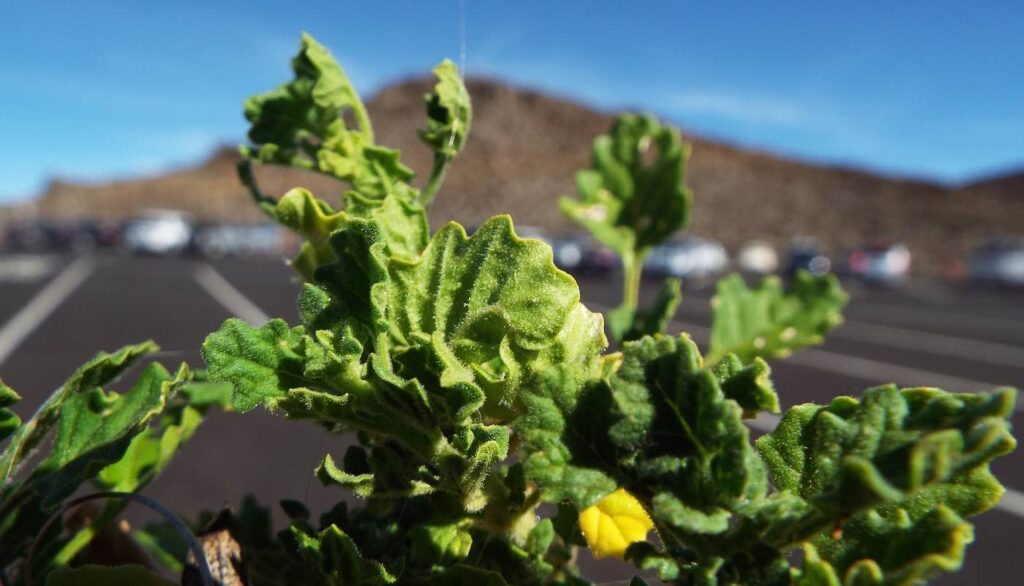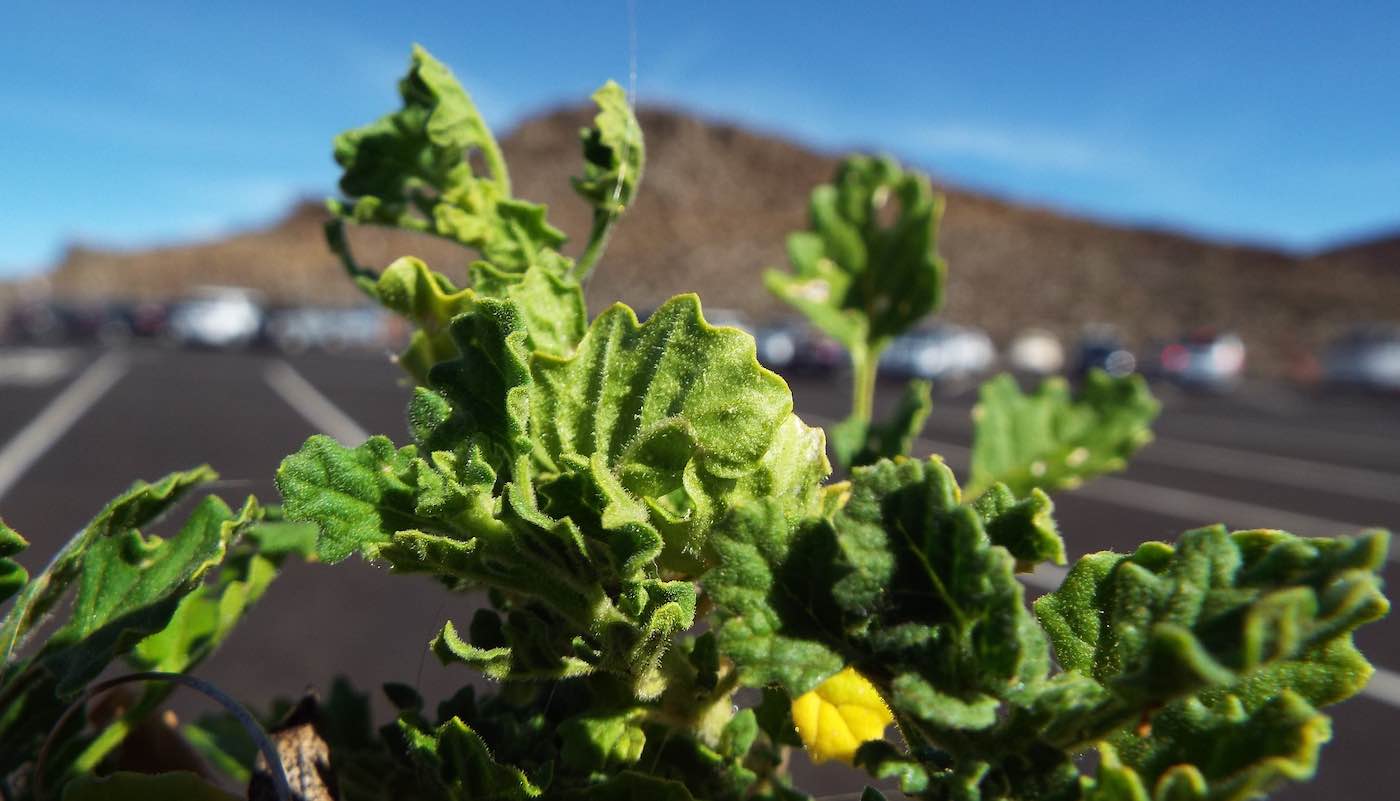Replacing petroleum-based aviation fuel with a sustainable alternative derived from a type of mustard plant can reduce carbon emissions by up to 68%, according to new research from a University of Georgia scientist.

Puneet Dwivedi led a team that studied the break-even price and lifetime carbon emissions of a sustainable aviation fuel derived from Brassica carinata, a non-edible oilseed crop.
“If we can provide suitable economic incentives along the supply chain, we could potentially produce carinata-based SAF (sustainable aviation fuel),” said Dwivedi, associate professor in the Warnell School of Forestry and Natural Resources.
It is estimated that the aviation industry emits 2.5% of all carbon dioxide emissions nationwide and is responsible for 3.5% of global warming. Carinata-based fuel could help reduce the carbon footprint of the aviation sector while creating economic opportunities across the southern U.S., where the plant would grow well, says Dwivedi.
RELATED: World’s First Hydrogen-Powered Passenger Plane Lifts Off On Maiden Zero-Emissions Flight
Dwivedi’s findings come at an opportune time. In September, President Joe Biden proposed a sustainable fuel tax credit which would bring federal agencies together to scale up the production of SAF nationwide.
The proposed tax credit requires a 50% reduction in life cycle carbon emissions—a standard that carinata exceeds, according to the team’s findings, published in GCB Bioenergy.
The price for producing SAF from oil derived from carinata ranged from $0.12 per liter on the low end to $1.28 per liter, based on existing economic and market incentives. The price for petroleum-based aviation fuel was $0.50 per liter—higher than carinata-based SAF when current economic incentives were included in the analysis.
Growing carinata in the Southeast
Dwivedi is part of the Southeast Partnership for Advanced Renewables from Carinata, or SPARC, a $15 million project funded by the U.S. Department of Agriculture’s National Institute of Food and Agriculture. Through SPARC, researchers have spent the past four years investigating how to grow carinata in the Southeast, exploring questions related to optimum genetics and best practices for the highest crop and oil yield. With those answers in place, Dwivedi is confident.
“In the South, we can grow carinata as a winter crop,” he said in a UG news report. “Since carinata is grown in the ‘off’ season it does not compete with other food crops, and it does not trigger food versus fuel issues. Additionally, growing carinata provides all the cover-crop benefits related to water quality, soil health, biodiversity, and pollination.”
The missing piece of the puzzle, according to Dwivedi, is the lack of local infrastructure for crushing the seed and processing the oil into SAF. His current research focuses on modeling the economic and environmental feasibility of producing and consuming carinata-based SAF across Georgia, Alabama and Florida by taking a supply-chain perspective.
“Our results would be especially relevant to the state of Georgia, which is the sixth-largest consumer of conventional aviation fuel in the country, hosts the busiest airport in the world, and is home to Delta, a leading global airline company,” he added. “Carinata has the potential to be a win-win situation for our rural areas, the aviation industry, and most importantly, climate change.”
FLY This Progress to Green Friends on Social Media…




















